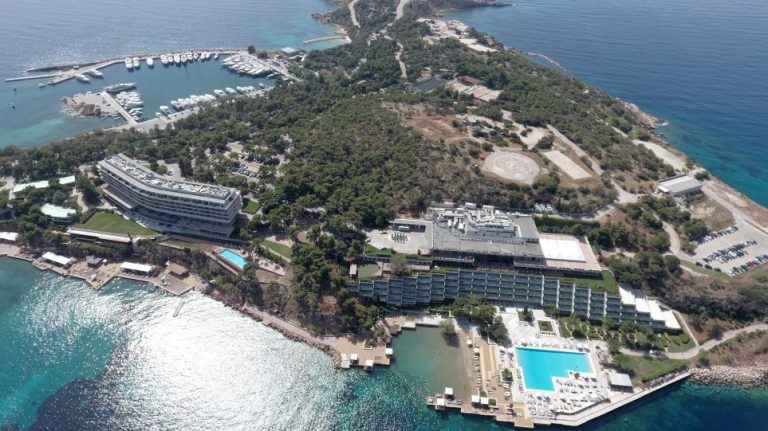A “gift” to Greek tourism is according to sources of the industry the decision of Germany to take Turkey out of the market for German travelers.
According to Kathimerini, although Turkey has seen a decline in the number of Germans traveling there in recent years, it remains one of the top ten destinations for them.
Given the excellent management of the crisis by Greece and the fact that Turkey is not expected to be on Berlin’s “white list” earlier than September, many now believe that those Germans who eventually decide to travel to the Mediterranean will be more easily guided to Greece.
It should be noted, however, that the other top Mediterranean destinations for Germans are Spain, Italy and France.
About 4 million German travelers came to Greece in 2019, who spent 3 billion euros in the country, according to BoG data.
Last year, 2.7 million Germans traveled to Turkey, according to the World Tourism Organization, clearly less than 4.5 million in 2018 and 5.4 million in 2015, which was Turkey’s highest performance from the German market.
Greece can thus expect a share of those 2.7 million Germans who decide to travel this year, according to Greek hoteliers.
The expectations come after a decision by the German Foreign Ministry on Wednesday to include Turkey in the so-called “danger zones” of the COVID-19 pandemic, which translates to quarantine for fourteen days for those travelers entering Germany from Turkey.
Dirilis Ertugrul: Series dubbed “Turkish Game of Thrones” breaks records in Pakistan
Egypt and Morocco, two other popular Mediterranean tourist destinations for German travelers, are among the 130 “dangerous” countries for Germany.
This can also boost arrivals in Greece, at a time when “every tourist counts”.
The main criterion for whether or not a country is included in the relevant list is the 50 new cases per week per 100,000 inhabitants, a level above which a country enters the “dangerous areas”.
However, the restrictive measures of the pandemic adopted by each region are also evaluated on a case-by-case basis.
Ankara’s reaction
Ankara reacted immediately to this negative development for Turkish tourism, with Foreign Minister Cavusoglou declaring to the German media that he did not understand “the scientific reasons behind this decision by Berlin”.
Ask me anything
Explore related questions





